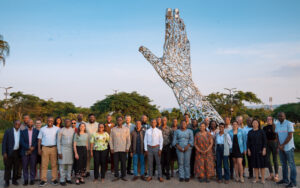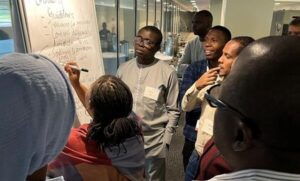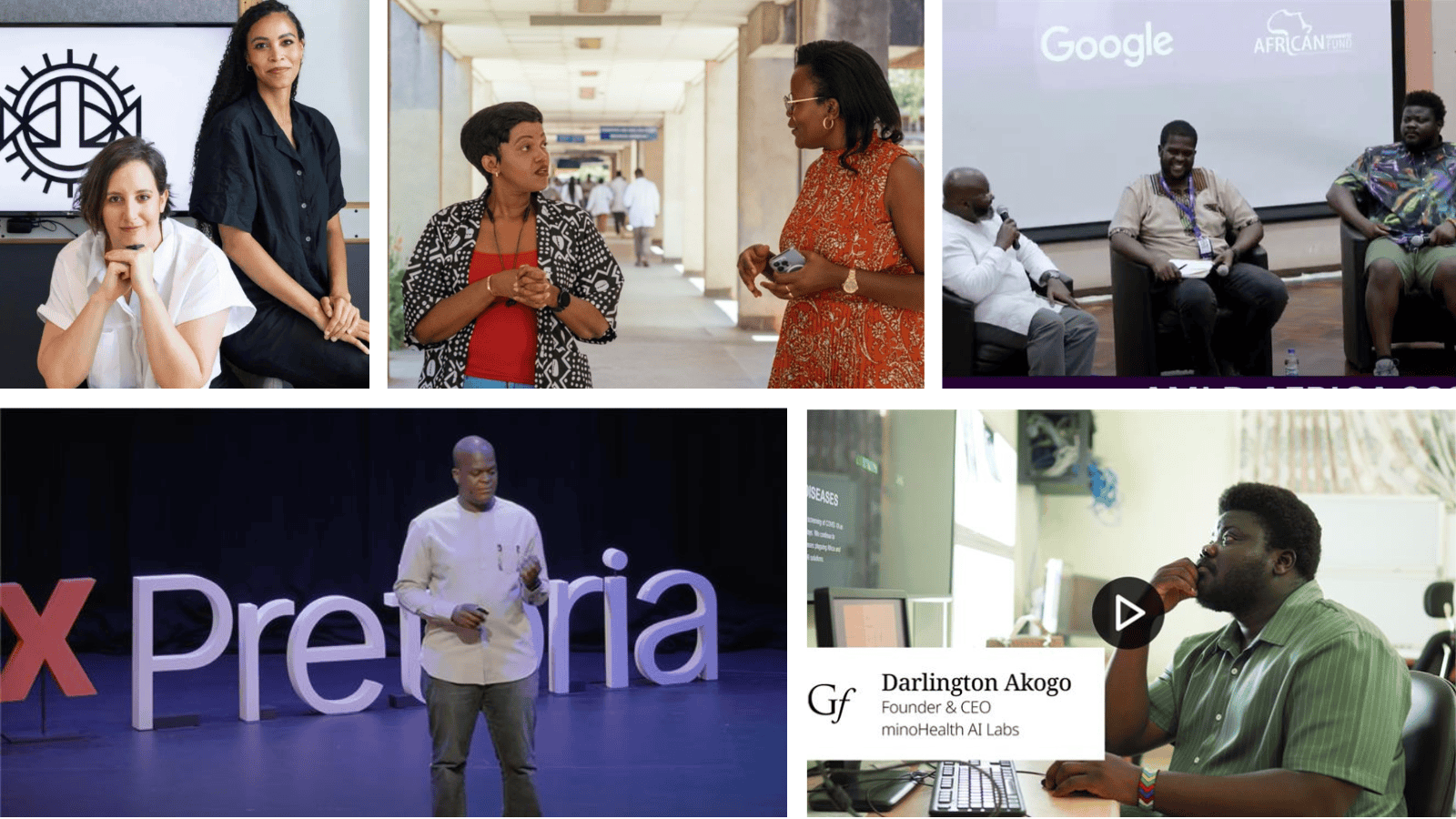Harnessing AI to Tackle Critical Issues in Africa
30 May 2024
In late March, Lacuna Fund, a Meridian project, released four new datasets for training AI models in the domains of agriculture, natural language processing (NLP), and health. These datasets help harness the power of AI to address urgent social, economic, and environmental challenges in several African countries.
Lacuna Fund is the world’s first collaborative effort to provide data scientists, researchers, and social entrepreneurs in low- and middle-income contexts (LMICs) with the resources they need to produce machine learning datasets that address urgent problems in their communities. Since its start in 2020, Lacuna Fund has dispersed over $9M to support the creation of 59 new datasets.
Lacuna Fund began as a funder collaborative between The Rockefeller Foundation, Google.org, Canada’s International Development Research Centre, and GIZ’s FAIR Forward programme on behalf of the German Federal Ministry of Economic Cooperation and Development. It has since evolved into a multi-stakeholder engagement supported by a range of development, philanthropic, and research institutions.
Since its inception, Meridian has served as the Secretariat and fiscal agent for Lacuna Fund. We are responsible for the daily management of the grantmaking process and grant administration as well as the facilitation of our global, multi-stakeholder steering committee and strategic partnerships for capacity building.
Why We Need More Datasets

Machine learning has shown great potential to revolutionize everything from how farmers increase their crop yields to how governments communicate with their citizens during natural disasters. But in low- and middle-income contexts globally, a lack of local data puts the benefits of machine learning out of reach.
In many cases, data required to build AI applications for real-world problems doesn’t exist. And where it does exist, it’s often outdated, missing key information, or it’s not representative of underserved populations, leading to biases and decreased accuracy. Machine learning tools then “learn” these biases, which can lead to harmful outcomes for people of color, women, and other marginalized populations.
“Artificial intelligence is a once-in-a-hundred years technology which will impact all of these sectors {agriculture, natural language processing, and health}. So, either we get it right and we will have some positive outcomes, or we get a deeper digital divide through artificial intelligence. That’s a real risk and that’s why we need to democratize the foundations of artificial intelligence. And the foundation of artificial intelligence—namely machine learning—is data. We need institutions like Lacuna Fund to really provide that data in a way that is not only for one actor, but really for all of us globally.”
Balthas Seibold, Lacuna Fund Steering Committee Member
Co-Lead, “FAIR Forward: Artificial Intelligence for All”, German Development Corporation
Our Voice in Data
Lacuna Fund language grantee, Professor Gloria Monica Tobechukwu Emezue, envisions a world where Siri will not only speak in English, but in Igbo, Hausa, and Yoruba too. Listen to her share the importance of her work, the audio datasets her team is building, and the impact Lacuna Fund is having in Africa.
Learn More About Lacuna Fund
Lacuna Fund publishes new datasets every quarter. To stay updated, subscribe to their newsletter or visit their website. The Fund continues to expand and evolve as years go by, but its mission to put the benefits of machine-learning into the hands of those historically left out of the AI revolution will remain intact. Lacuna Fund’s tagline, “Our Voice in Data”, can be felt with every new dataset created.

Lacuna Fund in the News
In the world beyond Lacuna Fund, grantees are doing amazing work. Click here to watch their TED Talks, read articles about them, and learn more about their ongoing initiatives.